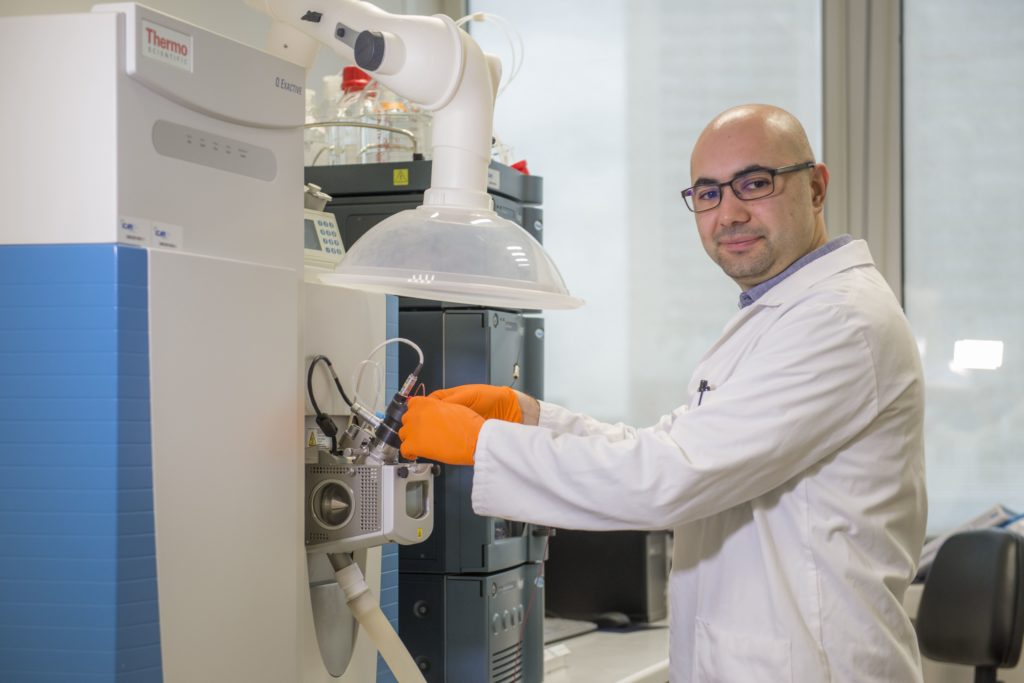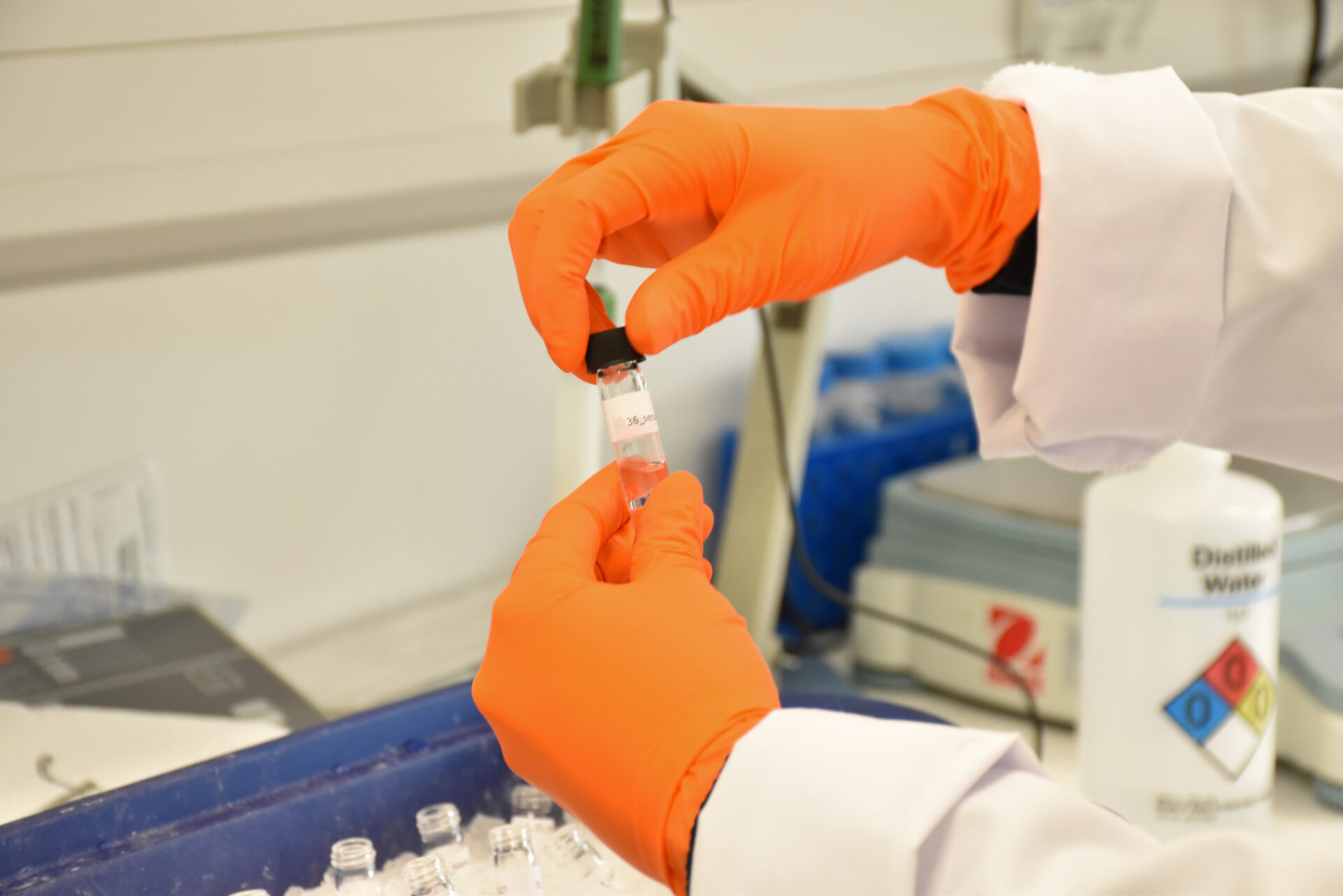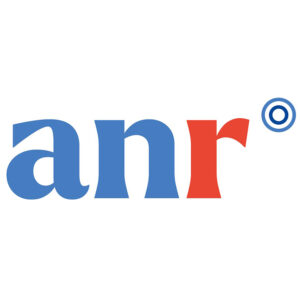The omics revolution
Gender, body mass index, age, lifestyle… Many factors modify this metabolic and lipid signature, making it difficult to study.
In the field of Big Data, after genomics and proteomics, we now have metabolomics and lipidomics, i.e. the study of all the molecules linked to the metabolism and lipid composition of organs and plasma.
Numerous studies have shown that this molecular signature changes during the course of cardiometabolic diseases, and that it can be used as a biomarker or therapeutic target. One example is the link between serum lipid profile and the risk of progression of atherosclerosis.
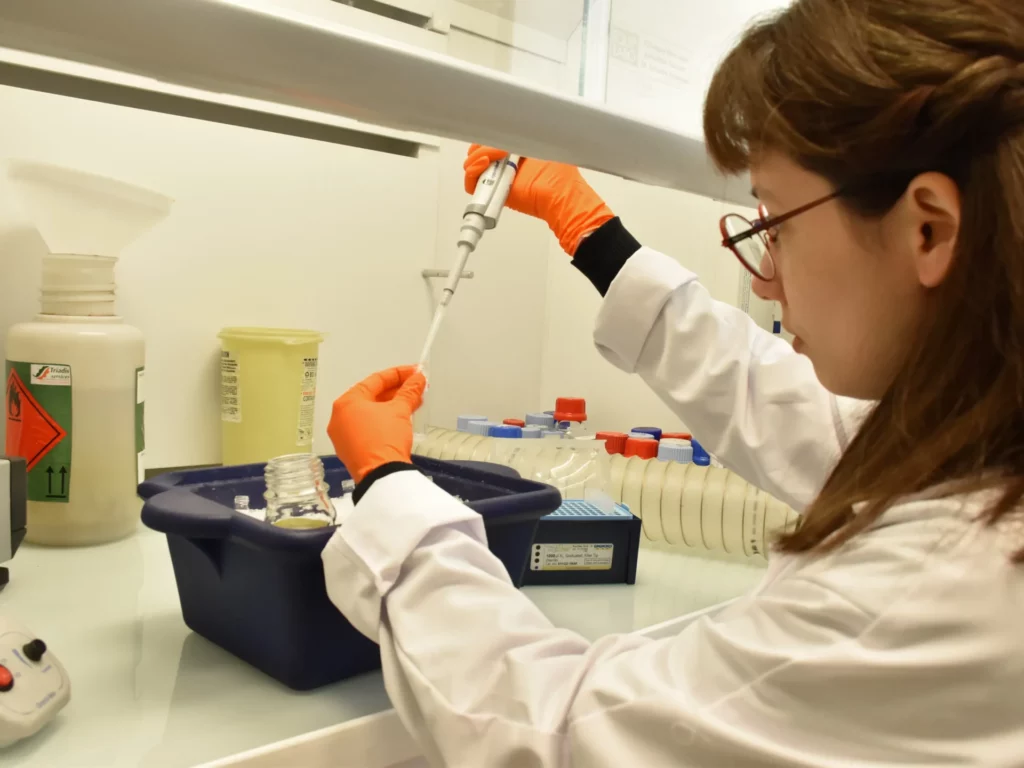
The ICAN Omics scientific platform
With its ICAN Omics lipidomics and metabolomics scientific platforms, the ICAN IHU is developing innovative holistic approaches targeting a broad spectrum of molecules, from very polar metabolites to very apolar lipids, using a combination of chromatography (liquid (LC) or gas (GC)) coupled with mass spectrometry technology (HRMS, MS/MS or MS).
Various tools have been developed for data integration and analysis, including a dedicated multi-omics integration method for discriminating metabolic phenotypes (called DIABLO).

Following a new audit at the end of 2023, the ICAN Omics platform has been awarded the renewal of the IBiSA label, which attests to the quality of activity of platforms and Biological Resource Centres (BRCs) of regional or national interest in biology, health and agronomy.
ICAN Omics lipidomics
The ICAN Omics lipidomics platform identifies new lipid biomarkers in cardiometabolism and nutrition, with the aim of improving prevention and refining patient stratification for more personalised treatment.

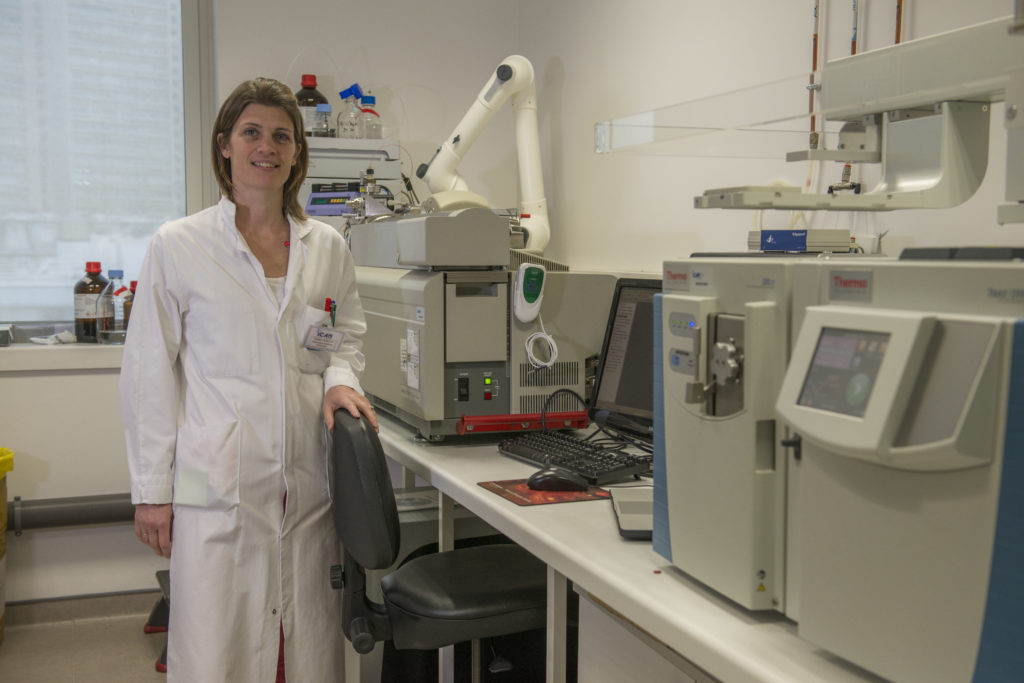
ICAN Omics metabolomics
The ICAN Omics metabolomics platform develops and provides tools for high-throughput profiling and/or quantification of all the molecules belonging to the metabolome for mechanistic purposes or in the search for new biomarkers.

